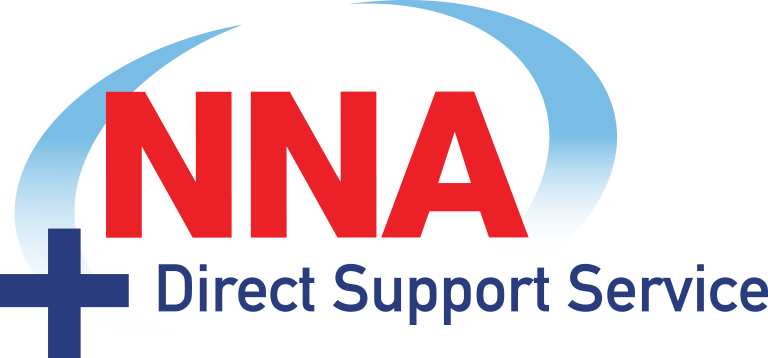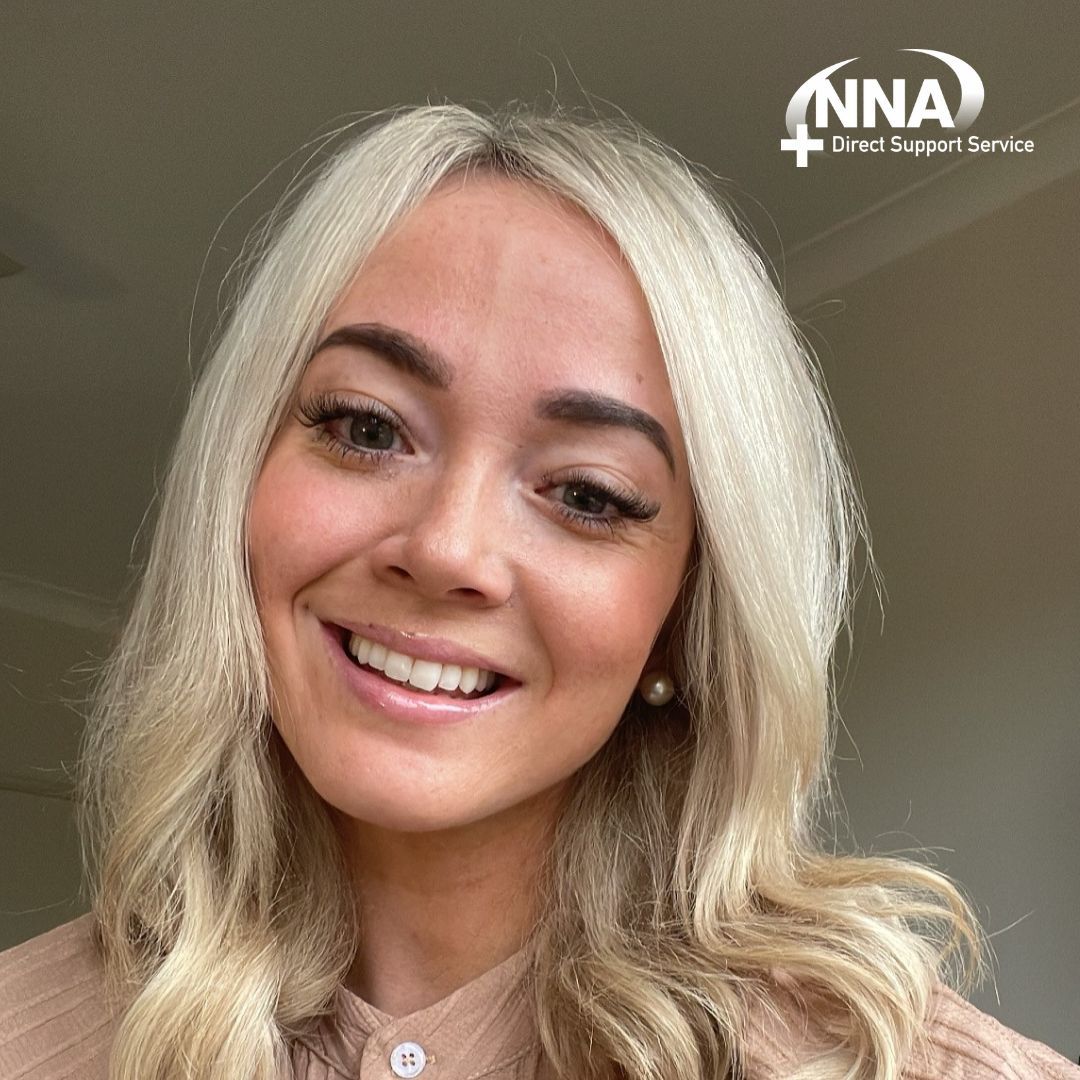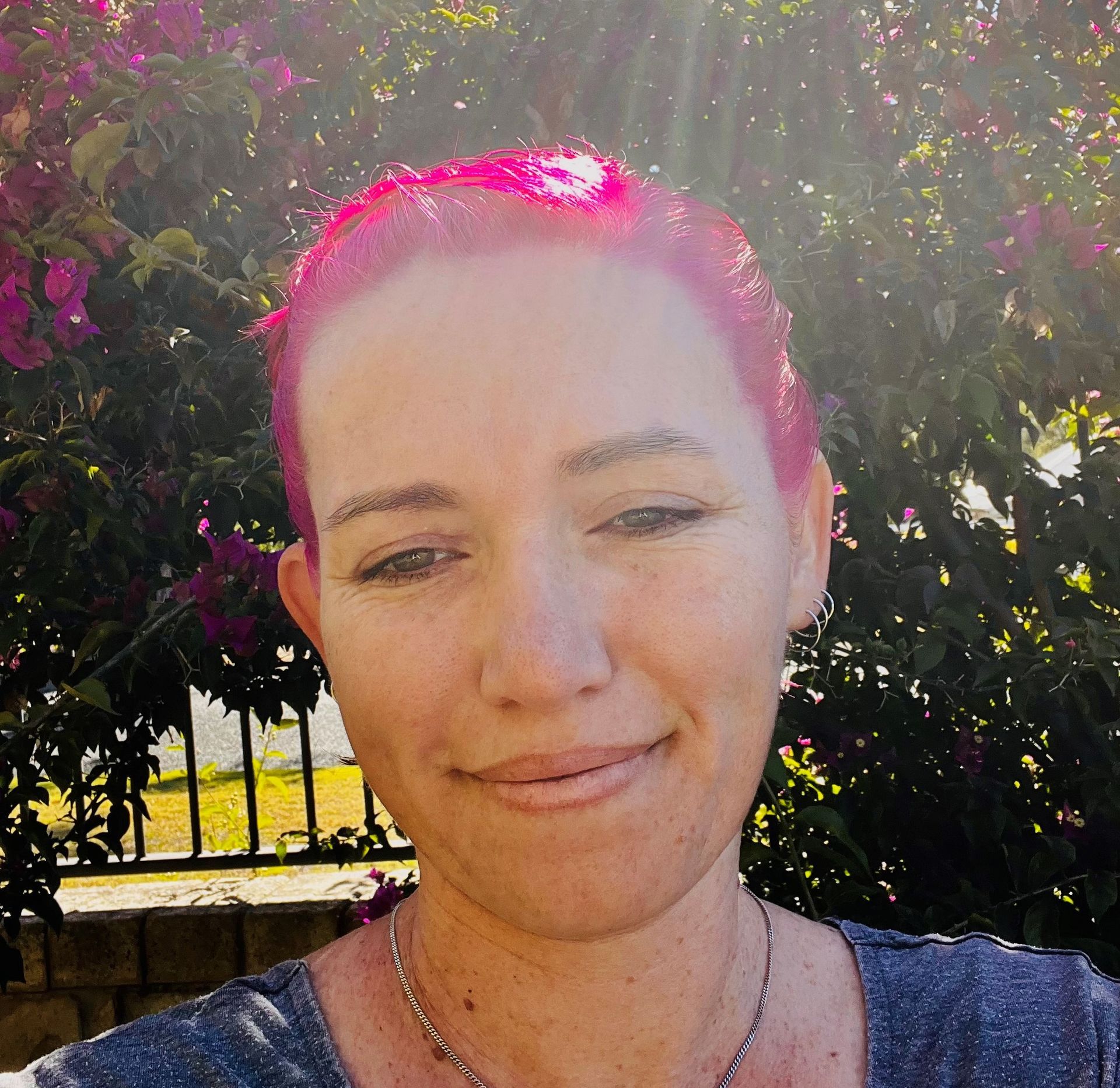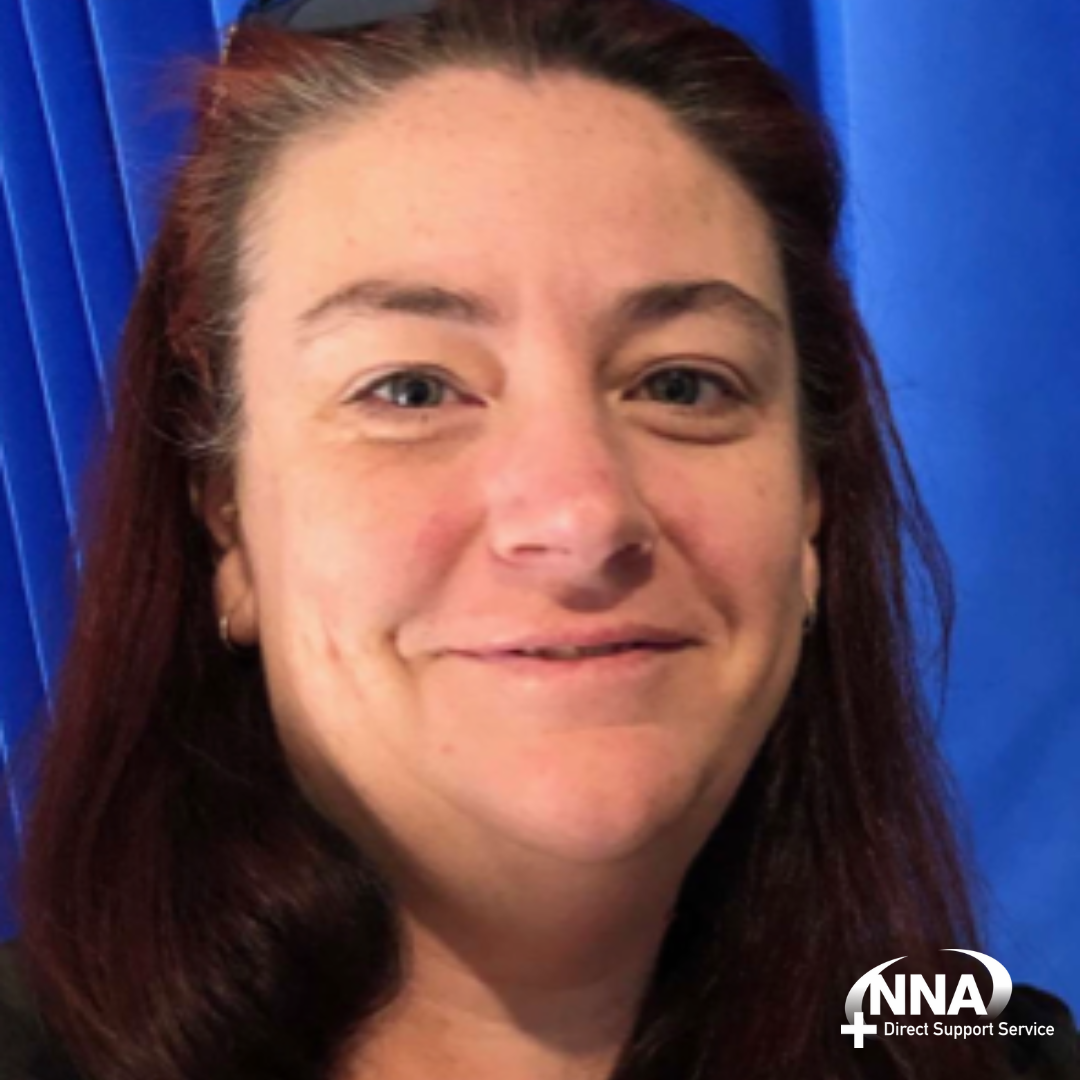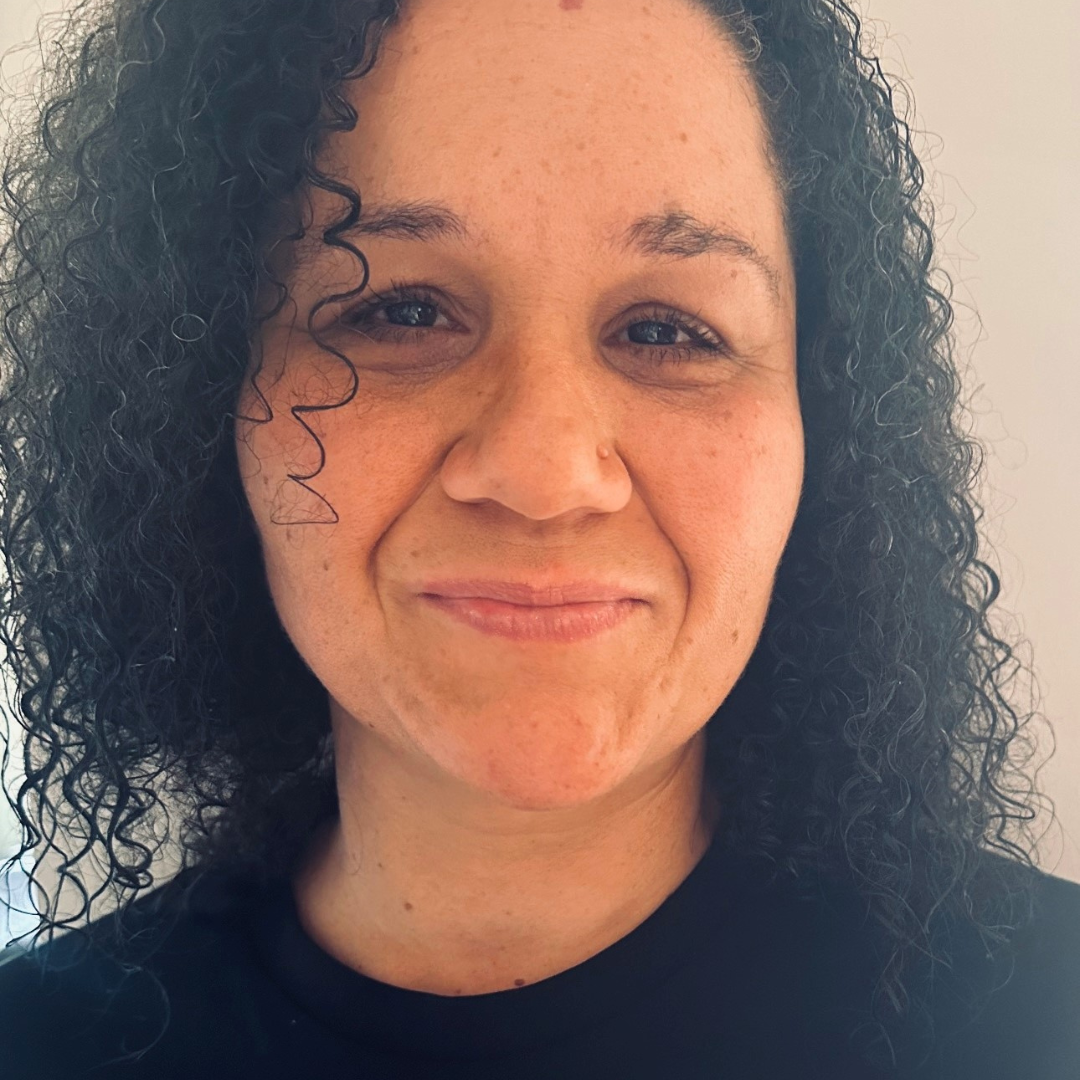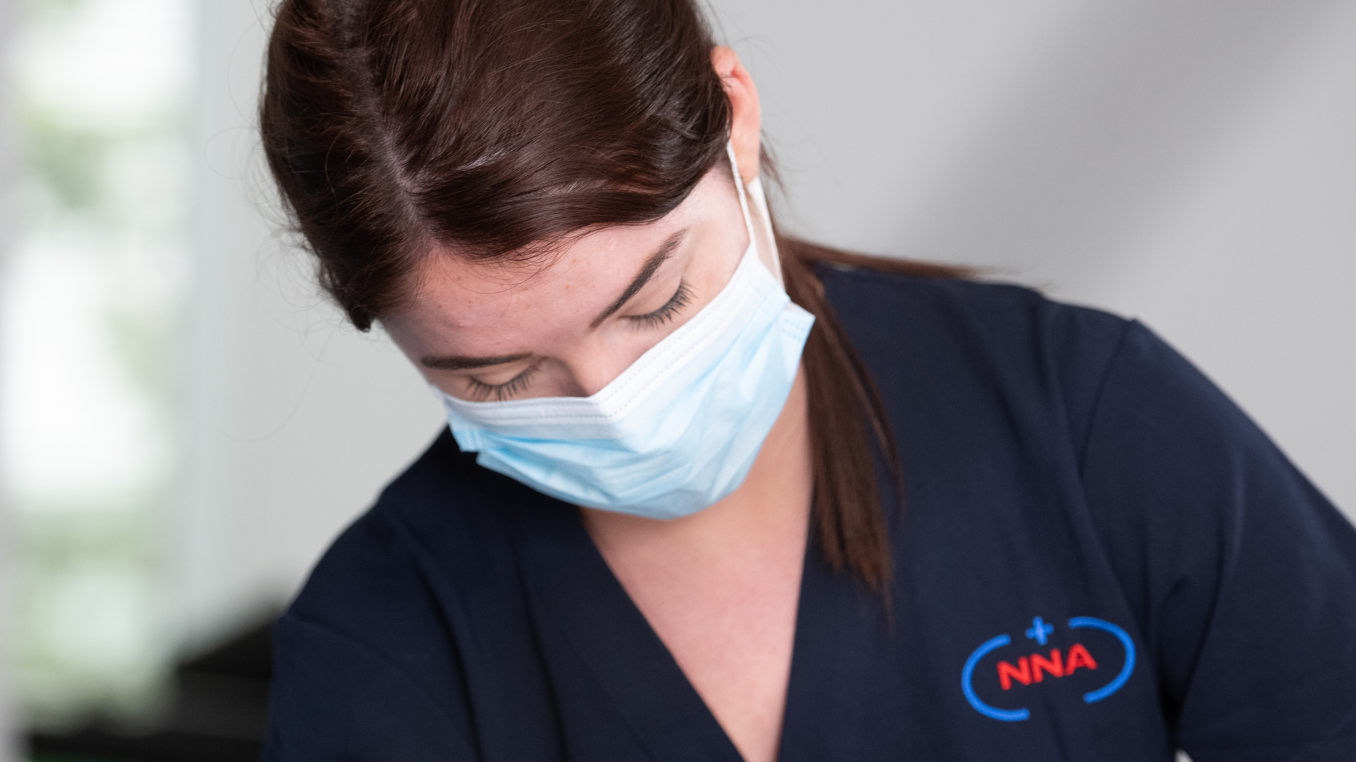Demand for Nurses in Australia
Alarming figures predict Australia is headed for a “catastrophic” shortage of nursing staff within the next decade. With strong population growth, and an ageing population living longer with more complex problems, the demand for nurses far outweighs supply, placing stress on both the private and public health care systems. And it is not just “the rest of us” reaching our working demographic use by date… The average age of Australian nurses today is around 47. In another 10 years many of these nurses are set to retire, and we need to prepare today, to fill those gaps.
The nature of health care in Australia is also changing, with the rising costs of technology and treatment, and an increase in patient expectations. We already have increased surgical waiting lists, not enough hospital beds, and a Royal Commission investigation into aged care quality and safety, all because of a demand for more nurses.
The healthcare sector is one of Australia’s fastest growing industries, employing 8% of the Australian workforce. Accounting for 30% of healthcare postings, nursing is ranked No. 1 among healthcare professions and is facing severe shortages with employers struggling to find qualified candidates. The highly-skilled nature of these roles has always created risks of shortages within the two levels of regulated nurses in Australia – RNs and ENs.
Historically, the vast majority of nurses has been, and continues to be, women. Male nurses comprise only 10% of employed nurses, and this trend is likely to continue, with females accounting for almost 90 per cent of all graduates in programs of study required for initial registration as a RN in recent years.
The attrition rate of nursing students enrolled in programs of study required for initial registration as an RN is very high (calculated to be an average of 34 percent over the past four years). Many factors contribute to this (both positively and negatively), including prior academic achievement, whether the course is the first preference of students, course fit (how well the course meets students’ aspirations), quality of teaching and other factors such as language and social-economic status. As nursing students represent the major supply source for the future nursing workforce, improvements in this rate are essential if Australia is to attain an increase in the employment rate of domestic graduate RNs and ENs.
Cialis is a leader among the potency enhancement drugs. The drug was approved by the US Food and Drug Administration and received positive feedback athttp://healthblog247.com/ed-cialis-tadalafil/from many physicians. It significantly increases the flow of arterial blood to the penis, which results in stable erection (even in men suffering from constant erectile dysfunction during sex and the extreme form of this disorder– impotence). The causes of this unpleasant disease can be many mental and physiological factors. The drug has been clinically tested and gave a positive result in 80% of cases in patients with varying degrees of erectile dysfunction.
Analysis shows that currently only 85 percent of RN graduates and 55 percent of EN graduates are immediately entering employment as a nurse. Factors of these rates include some RN graduates being unable to find suitable graduate employment opportunities, graduates using their qualification to transition into other education opportunities, graduates choosing to enter alternate professions, and the effect of employer decisions on workforce size.
The future of Australia’s health workforce faces a major challenge in sustaining projected targets, with community needs expected to intensify annually; which all contributes to the demand for nurses in Australia.

